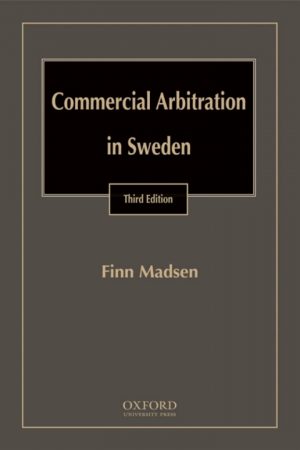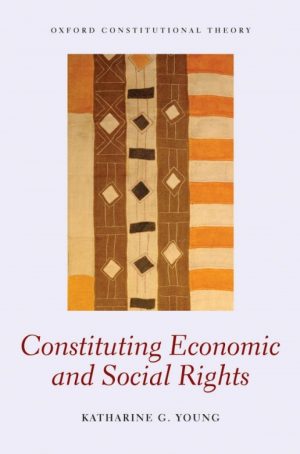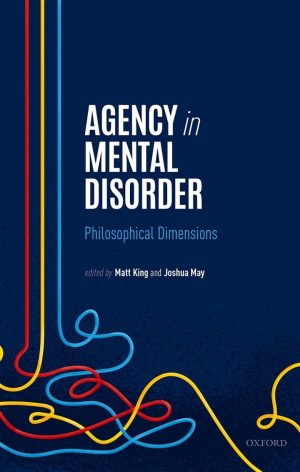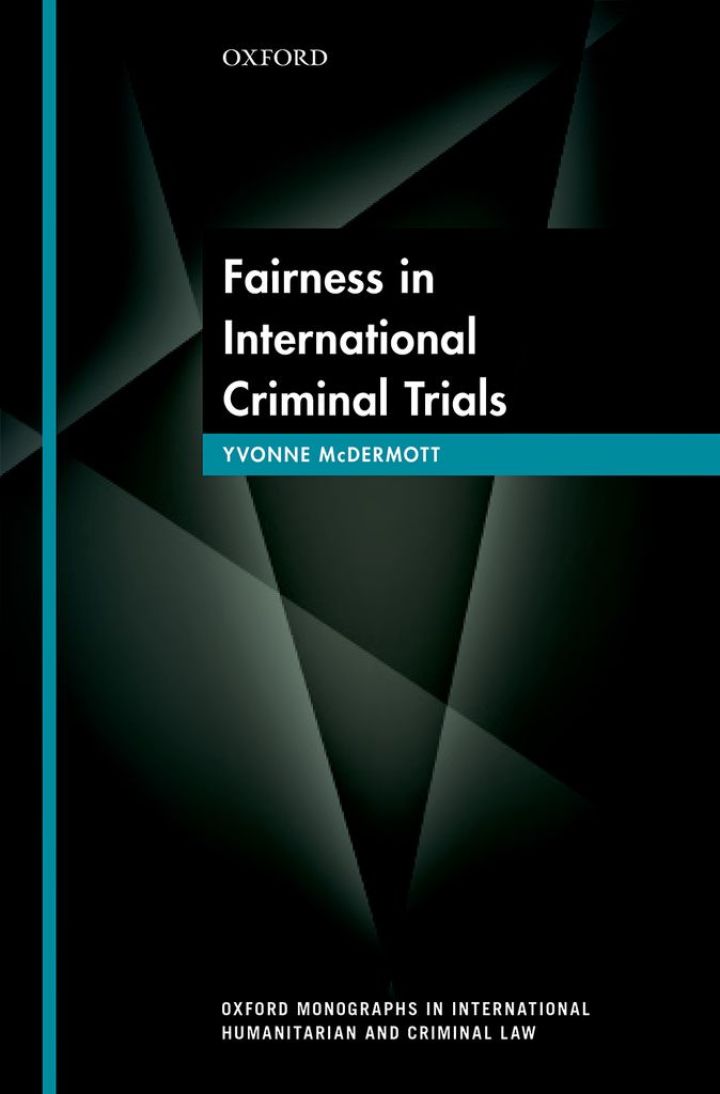Fairness in International Criminal Trials
$55.25
Attention: This is just ebook, Access Codes or any other Supplements excluded! / File Delivery: Sent Via Email within 24 hours!
SKU: b545b11c8cbc
Category: Law Textbooks
Description
-
Author(s)Yvonne McDermott
-
PublisherOUP Oxford
-
FormatPDF
-
Print ISBN
9780198739814, 0198739818 -
eText ISBN
9780198739814, 0198739818 -
Edition
-
Copyright
- Details
With the acceptance of international criminal procedure as a self-sustaining discipline and as the tribunals established to try the most serious crimes in the former Yugoslavia, Sierra Leone, and Rwanda have completed or are beginning to wind up their activities, the time is ripe for a critical evaluation of these international criminal tribunals and their legacy. By examining the due process standards embraced by the five contemporary international criminal tribunals, the author draws conclusions about how the right to a fair trial should be interpreted in international criminal law. This volume addresses key conceptual questions on fairness, including: should international criminal tribunals set the highest standards of fairness, or is it sufficient for their practice to be ‘just fair enough’? To whom does the right to a fair trial attach, and can actors such as the prosecution and victims be accurately said to benefit from that right? Does fairness require the full realization of a number of guarantees owed to the accused under the statutory frameworks of international criminal tribunals, or should we instead be concerned with the fairness of the trial ‘as a whole’? What is the interplay between domestic and international courts on questions of procedural fairness? What are the elements of fairness in international criminal proceedings? And what remedies are available for breaches of fair trial rights? Through an in-depth exploration of the right to a fair trial, the author concludes that international criminal tribunals have a role in setting the highest standards of due process protection in their procedures, and that in so doing, they can have a positive impact on domestic justice systems.
Related products
-

Commercial Arbitration in Sweden 3rd Edition
Rated 0 out of 5$146.25 Add to cart -

Constituting Economic and Social Rights
Rated 0 out of 5$17.88 Add to cart -

Agency in Mental Disorder Philosophical Dimensions
Rated 0 out of 5$26.00 Add to cart -

Civil Wrongs and Justice in Private Law 1st Edition
Rated 0 out of 5$43.88 Add to cart

